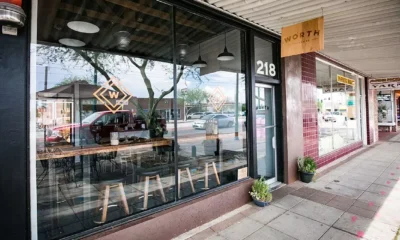Business
Morning Scoop: Shaping Arizona’s Future Workforce Talent

Housing affordability remains a pressing concern for communities nationwide, with variations in impact seen in both urban and rural areas. The struggle for many families is exacerbated by rising prices, stagnant wages, and increasing living costs. Experts highlight that the current landscape requires innovative solutions that address both supply and demand.
Recent data shows that despite ongoing efforts, many regions continue to see an increase in housing prices that outpace income growth. Legislative solutions have been proposed to stimulate affordable housing development, but progress has been slow. Communities are calling for action, emphasizing the need for comprehensive policies that can effectively address this multifaceted challenge.
Moreover, local governments are exploring partnerships with non-profits and private developers to expand housing options. Some areas are implementing zoning reforms aimed at increasing density, which could alleviate some pressure on the housing market. However, the effectiveness of such measures often hinges on community support and engagement.
As the affordability crisis deepens, the conversation around housing is evolving. Advocates stress the importance of not only building new homes but also preserving existing affordable units. With the upcoming 2025 legislative session on the horizon, stakeholders are preparing to push for significant reforms that prioritize housing affordability.


















